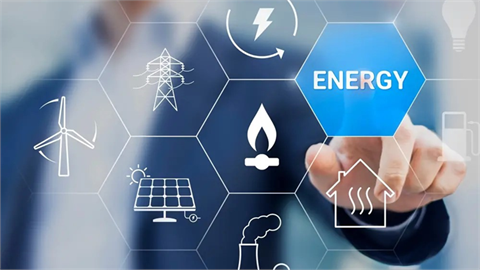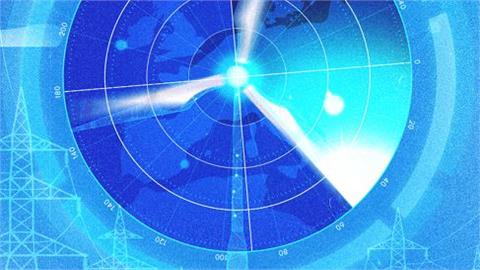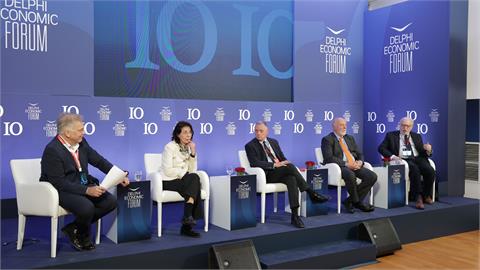The Institute of Energy of SE Europe (IENE) recently completed a special study commissioned by Greece’s Energy Regulatory Authority (RAE) in order to examine the feasibility of expanding the national gas transmission system to Western Greece, primarily by pipeline, focusing on the regions of Epirus and Western Greece. A major part of the study is devoted in the cost comparison between network expansion through pipeline and introduction via LNG or CNG.
The Institute of Energy of SE Europe (IENE) recently completed a special study commissioned by Greece’s Energy Regulatory Authority (RAE) in order to examine the feasibility of expanding the national gas transmission system to Western Greece, primarily by pipeline, focusing on the regions of Epirus and Western Greece. A major part of the study is devoted in the cost comparison between network expansion through pipeline and introduction via LNG or CNG.
This study is considered of great importance, because in the context of the national energy policy natural gas, as a bridge fuel, will support the energy transition of the country to a zero-emission economy, while the existing transmission networks that are expected to be expanded will also be able to distribute gaseous fuels from RES, such as biomethane and hydrogen. In this context, this is the type of infrastructure which will provide the means for the further penetration of new environmentally friendly energy sources into the Greek energy system.
This study has arrived at some useful some conclusions, such as that the transport of natural gas either by pipeline or by truck and / or ship (LNG) has certain district advantages but also hides some disadvantages. Undoubtedly, the best solution could be combination of both methods, so that the advantages of both may prevail and any obstacles or misgivings are put aside.
In terms of technological criteria, there are various challenges, such as how to build an LNG facility and an in-town gasification station, etc. However, it is worth mentioning that already we can see such good practices applied across Europe, while no significant changes are expected in LNG supply systems in the coming years. Consequently, the study stresses the need for continuous and effective training of staff, who will operate the facilities in the cities of the two regions, in order to ensure effective and safe operation.
A key factor in the progress of such an investment is the outlook of energy prices and in particular of LNG, but also of the gas sold to the final consumer. At the same time, other important issues that are considered in the study include the economic situation and outlook of the country, its anticipated annual growth rate and the level of energy prices in both developing and mature markets. This is most relevant as markets help determine gas consumption by the final consumer and contribute to the development of trade and the economy in general.
IENE believes that this study can be useful in the shaping of the future natural gas transmission system in Greece, and hence it should be taken into consideration in the Ten-Year Development Plan of the national gas system for 2022-2031, which is currently in public consultation by RAE until 14 March 2022.
The full study is available here.




25040459.png)